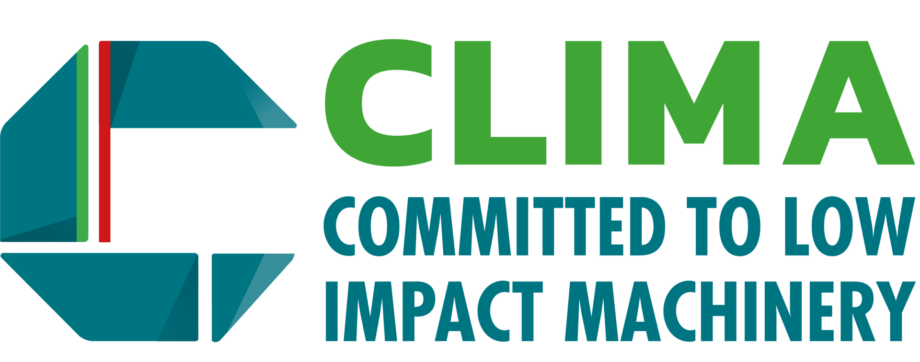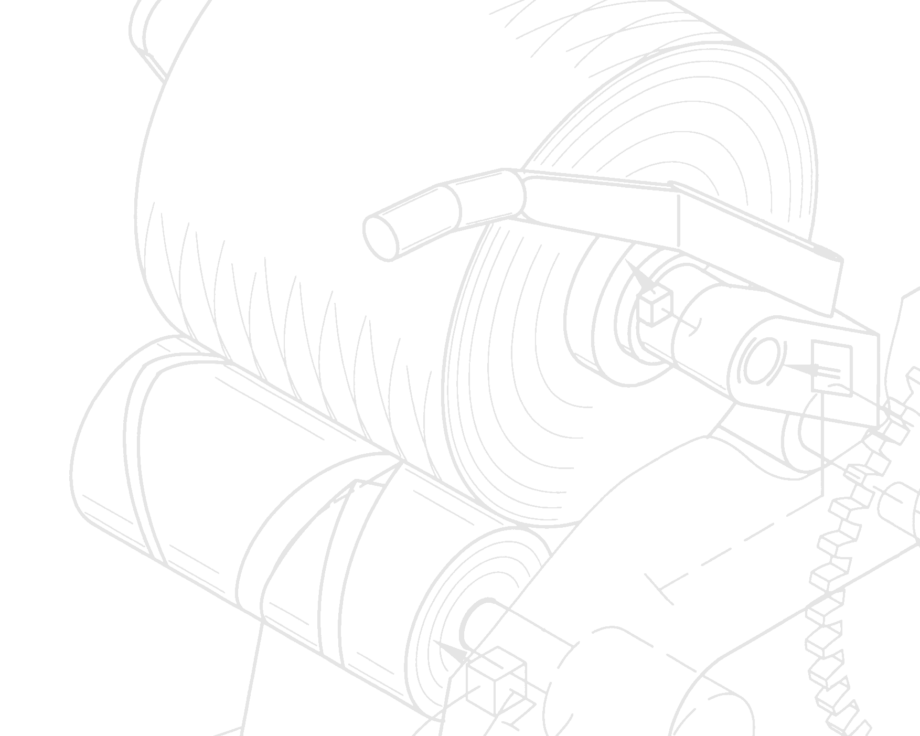Clima
Sustainability

Italian textile machinery manufacturers play a leading role in the new trends related to green technologies in their field.
The ground on which the textile industry plays its competitiveness is that of environmental, economic, and social sustainability.
Regulations and new environmental standards, also applied to the textile sector, spurred by environmental movements and precautionary policies on the chemical safety of some major brands, have accelerated change throughout the entire textile supply chain, making it more sensitive and attentive to these issues.
A more sustainable textile industry is possible: how?
Italian machinery manufacturers across the textile sector (from spinning to knitting, weaving to finishing) can provide technological solutions that:
Significantly reduce or eliminate the emission and use of hazardous substances in production processes
Ensure greater water savings and improved energy efficiency in production processes
Enable the recycling of end-of-life materials.
The CLIMA certification produces a document defined as a tag with the purpose of identifying and making it easy to understand the energy and environmental performance of a textile machine, in reference to a process chosen by the manufacturer as a benchmark.
Therefore, Italian manufacturers, in the absence of internationally recognized standards for the classification of the energy and/or environmental performance of textile machines, are promoting a tool aimed at showing some performance data of the machines produced. This information can also be compared with competitors.
The awareness of the technological excellence achieved, also in terms of sustainability, is in fact a strength of the Italian mechanical textile industry, at the forefront with sustainable technological solutions to support the textile industry.
In particular, the amount of carbon dioxide equivalent emissions (Carbon Footprint – CFP) produced during the operation of the machine is the parameter chosen to give a value to the ecological efficiency of the machine subject to labelling.

A more concise and impactful version:
The CLIMA certification provides a standardized tag that clearly communicates a textile machine’s energy and environmental performance, based on a manufacturer-selected benchmark.
To fill a gap in international standards, Italian manufacturers have introduced this tool to highlight their machines’ performance and facilitate comparisons.
This initiative underscores Italy’s commitment to sustainable textile technologies.
The certification focuses on the machine’s carbon footprint, a key indicator of its environmental efficiency.
RINA
An international certification body, RINA, has validated the process of issuing the CLIMA Certification and the measurements it contains. Based on a standardized and certified procedure, RINA intervenes to verify (every two years, on 20% of the companies participating in the project) both the methods of measuring the parameters and the operating conditions of the machines under examination.
At the end of the on-site inspection verifications, RINA issues a certificate of conformity that attests to the compliance of the participating companies with the regulations and the veracity of the performance data of the issued CLIMA labels.

